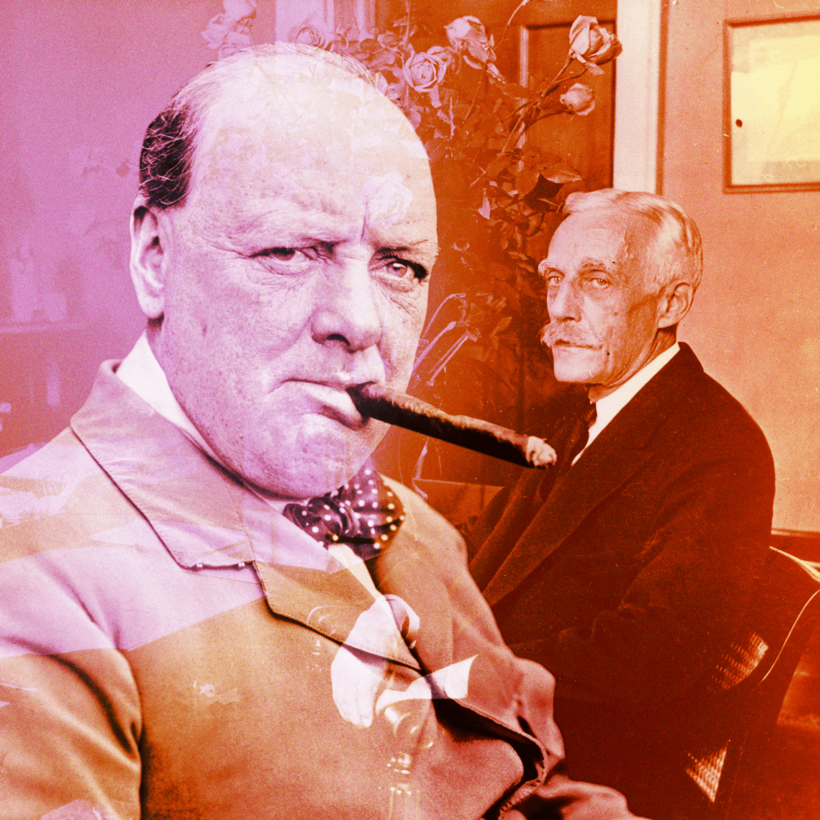I did not find the story of Winston Churchill and Andrew Mellon—it found me. As a visiting scholar at Stanford University’s Global Projects Center in the School of Engineering from 2014 to 2016, I researched examples of successful public-private partnerships to use as models for financing infrastructure projects.
Two in particular interested me. One was a grimy oil investment made by Winston Churchill on behalf of the British government in 1914, when he was the First Lord of the Admiralty. The other involved a gift of beautiful paintings from former Secretary of the Treasury Andrew Mellon to the American government in 1937. That neither of these distinguished men were recognized as aces in this specialized field of finance made the partnerships even more intriguing. Little did I know that they would soon become the central figures in a book written by me.

